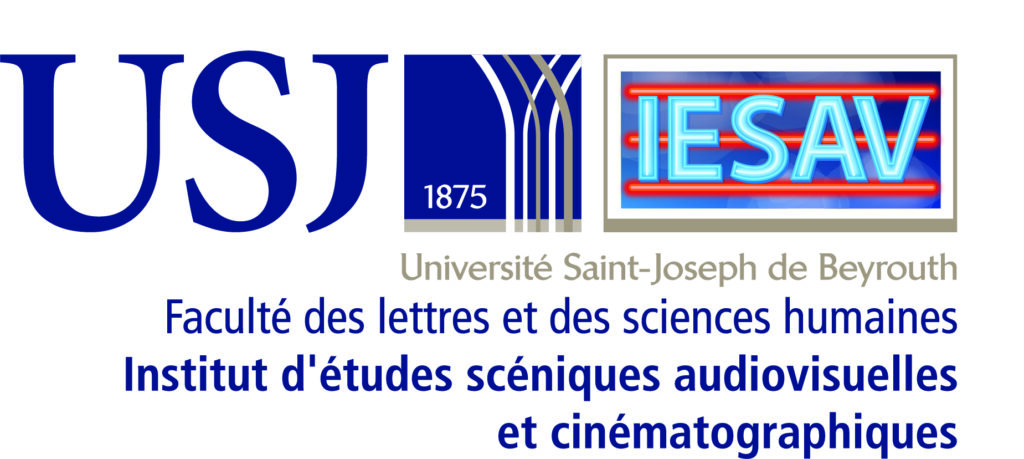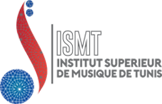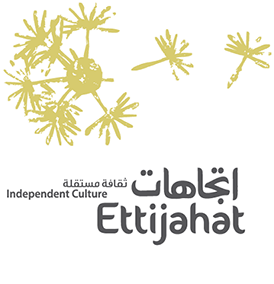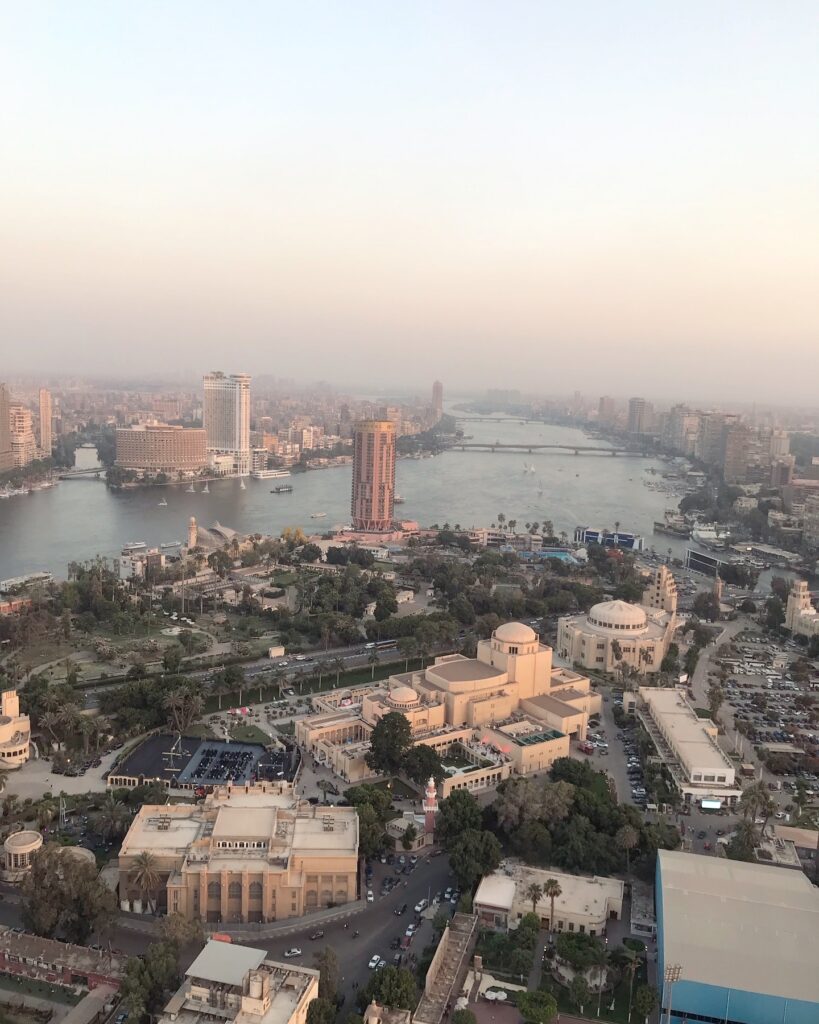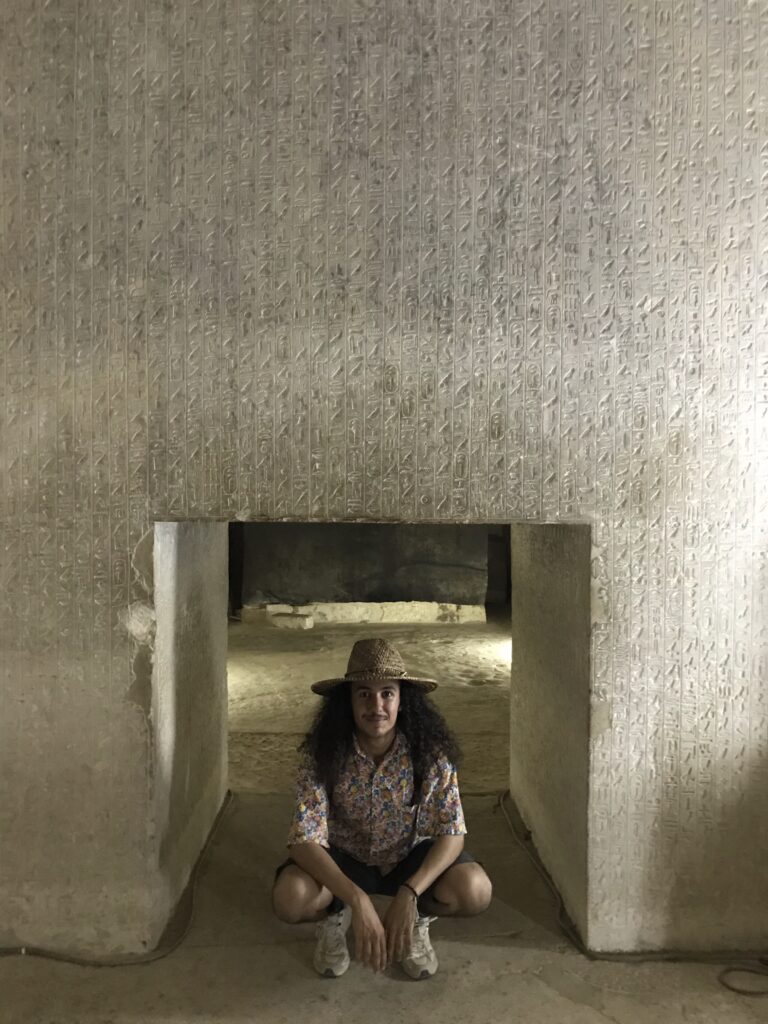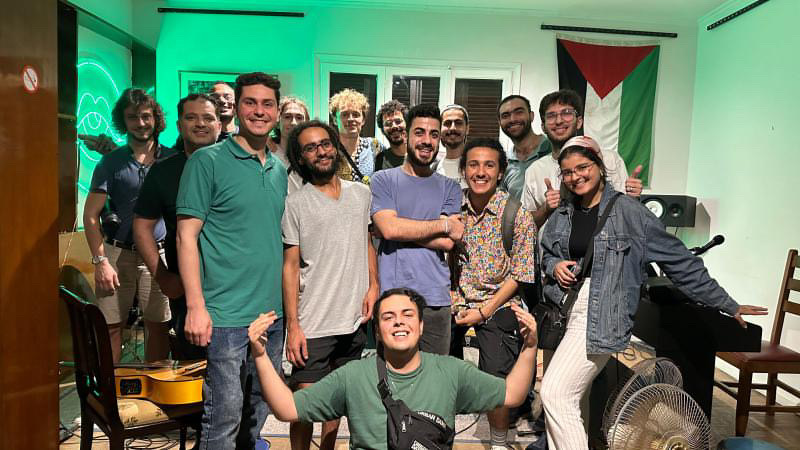About Tawasol
About Tawasol
The Tawasol Cultural Production and Policy Network is focused on the role of the arts in society. Artists and cultural activists have contributed to democratization processes in many countries within the WANA (West Asia and North Africa) region and created various platforms for exchange and dialogue, thus playing a significant role in shaping society. The Tawasol network explores this socio-political dimension of artistic expression between the WANA region and Germany. Its goal is to establish pioneering educational programs in cultural production, cultural policy, and international cultural relations.
Tawasol comes from Arabic and translates as “communication, being in touch, expanding contacts”. Twenty students of cultural studies form the core of the Tawasol Cultural Production and Policy Network. The project is funded by the German Academic Exchange Service (DAAD) and implemented by Zeppelin University Friedrichshafen (Germany), Université Saint-Joseph de Beyrouth (Lebanon), Institut Supérieur de Musique de Tunis – Université de Tunis (Tunisia), and non-academic partners in the cultural sector, including the Goethe-Instituts in Egypt, Lebanon, and Tunisia, through different activities from 2023 to 2025.
Activities – Advanced Training, Cultural Production, and Knowledge Transfer
The Tawasol network provides an opportunity for learning and experience exchange in an international setting with scholars from both the WANA region and Germany. The 20 selected fellows actively participated in the following activities:
- Over the course of three seven-day advanced training workshops in Lebanon (2023), Germany (2023), and Tunisia (2025), the selected fellows acquired comprehensive skills in innovative, participatory cultural production, cultural policy, international cultural relations, and knowledge transfer. The workshops in 2023 took place in September at Saint-Joseph University of Beirut and in November at Zeppelin University in Friedrichshafen.
- In transnational working groups, the fellows developed their own innovative cultural production formats (products or projects) with a focus on knowledge transfer, which were implemented in one of the participating countries and presented at the closing symposium in Tunis.
- During two-month Science & Arts Residencies in collaboration with the Goethe-Instituts in Egypt and Tunisia (2024) as well as the organisation Underground Social in Cairo, the fellows developed innovative knowledge transfer formats in transcultural working groups. The fellows also connected with the local cultural scene through a hosting organization. The fellows were able to merge scientific and artistic research approaches while realizing their own ideas and projects.
About This Platform
This open-access, digital, multimedia, knowledge platform is a central component of the Tawasol Cultural Production and Policy Network, and is designed to facilitate long-term knowledge transfer between the participating universities and society at large. This platform will document and showcase case studies on artistic interventions in the context of socio-political democratization processes, through contributions from the fellows of the network.
By providing open access to these case studies, the platform aims to promote the exchange of innovative ideas, cultural practices, and research across borders, creating a valuable resource for academics, cultural practitioners, policymakers, and the general public.
Through its multimedia format, the platform offers diverse perspectives on how the arts have played – and continue to play – a role in fostering democratic change and cultural dialogue, and encourage further exploration and collaboration within the fields of cultural production, policy, and international relations.
Related Activities

